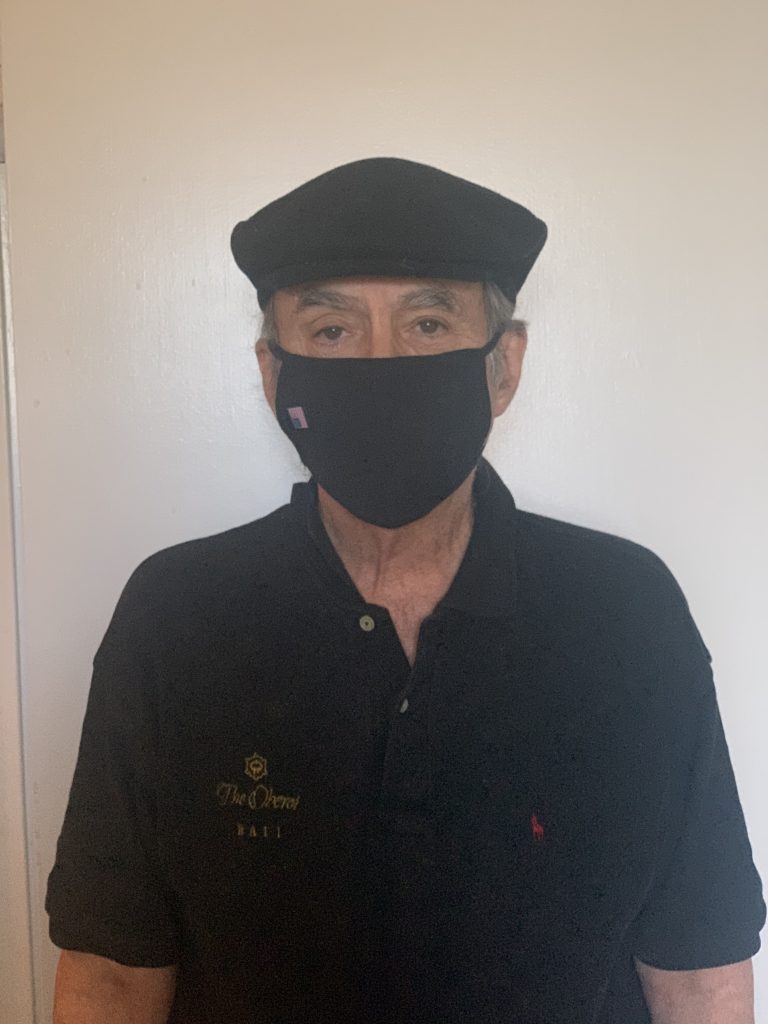Are You Waiting for a Vaccine Before You Fly Again?

By Robert McGarvey
New data from consulting firm McKinsey suggests an intriguing – if troubling – possibility: just maybe we are waiting for a vaccine before we will fly again.
Talk about a spanner in the works. That’s because realistic forecasts envision it taking 12 to 18 months before a safe, tested vaccine could be made available to a broad segment of the public. Noted the Mayo Clinic, “Realistically, a vaccine will take 12 to 18 months or longer to develop and test in human clinical trials. And we don’t know yet whether an effective vaccine is possible for this virus.
“If a vaccine is approved, it will take time to produce, distribute and administer to the global population.”
Figure mid 2021. In the best case.
Other experts offer similar predictions.
Are you prepared not to fly until late 2021?
International travel is especially bashed in the McKinsey numbers, with 38% of us envisioning less of it.
The UN World Tourism Organization is saying international arrivals may slump by 78% this year.
The International Air Transport Association is saying it won’t revive until 2023.
But probably you could argue that the problem isn’t crossing borders, it’s duration of the flight – so maybe there’s also diminished enthusiasm for cross-country travel too. We just don’t want to be in a confined airplane with many other passengers for a lot of hours – and so we aren’t flying long trips.
Isn’t flying safer now? Aren’t airlines implementing new sanitary and health protocols?
Nah, not so you can trust them (last week’s column documented the many industry lies). Yes, the carriers have banged their drums loudly, insisting they are safer, but I don’t believe them.
In fact not even the pilots feel safe. The head of the Airline Pilots Association is on record saying the current protocols just don’t go far enough.
They don’t and know too that they simply are not enforced. Most carriers are selling middle seats, they are not insisting passengers wear masks, and basically they are ignoring many of the rules they themselves wrote.
Remember, too, from 25 to 50% of coronavirus cases are asymptomatic. That is a terrifying factoid. See a person who is sniffling, sneezing, coughing and it’s a no brainer to cross the street or seek to change seats on a plane.
But what do you do in an elevator – that person next to you may be a carrier, without any symptoms. He/she feels healthy. They are not being a jerk out in public spaces.
The same could happen with an airplane seatmate.
And yet they just may be making you very sick because they may be positive for coronavirus but display no symptoms.
Thus the growing belief that only a vaccine will make us safe.
A temperature check is meaningless. Self-reporting is too.
If you want to stay safe you need a vaccine if you plan to go out in bustling public spaces such as airports and airplanes.
That’s especially true for older and more vulnerable populations that may not survive coronavirus because, of course, we still have no treatment (bleach is not widely accepted in medical circles).
Can planes be made safe? There’s a money question because if it takes a couple years for a vaccine that will reduce passenger anxiety, the question would be if any airlines will be left flying.
Scan the expert literature and probably – there is no certainty here – planes can be made safe with significant space between passengers, plastic screens to encase each passenger, really deep cleaning between flights and down a list of known protocols.
At what cost?
You hear estimates of a 50 to 100% bump in ticket prices. IATA, for instance, eyes a 50% bump.
Will businesses pay? Probably, especially if their employees can reasonably expect to stay safe and if – as many experts now believe – business travel volume will be significantly reduced for some years to come.
Will leisure travelers pay? That is hard to say, especially because it is presently impossible to know how much damage the average household will suffer in this economic depression. How many years will it take to recover from this wipeout?
The probable reality: there is going to be much, much less longhaul travel for some years to come. If you have never been to the Seychelles, probably you aren’t going soon.
If you have routinely flown on business from SFO to Taipei or Singapore, probably you won’t this year, maybe not next year.
A vaccine could change those dire predictions.
Until then, accept that coronavirus has changed everything. And we aren’t going back to “normal.” Not ever.
If the corona vaccine is as effective as the flu vaccine (usually between 20-45%) what’s the point? Not much better than a placebo as on any given day you have a 50-50 chance of not getting it.